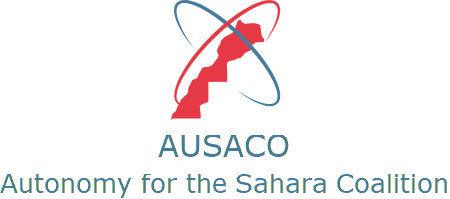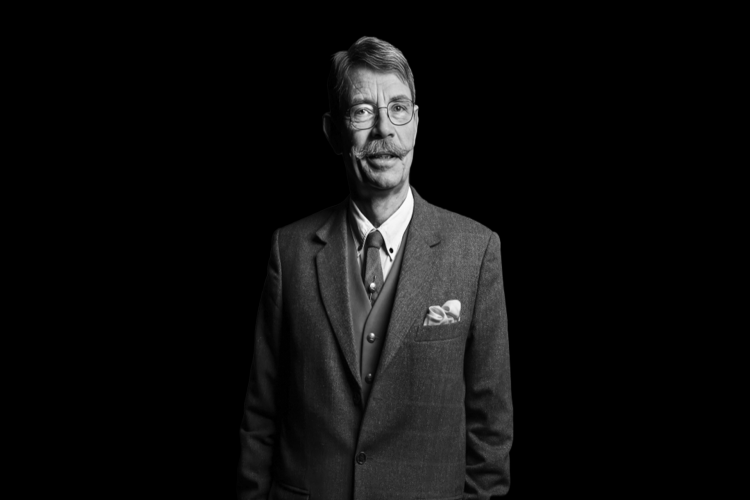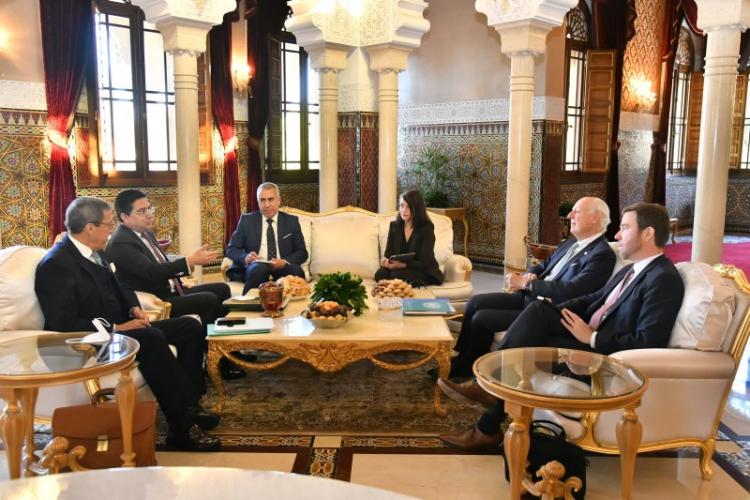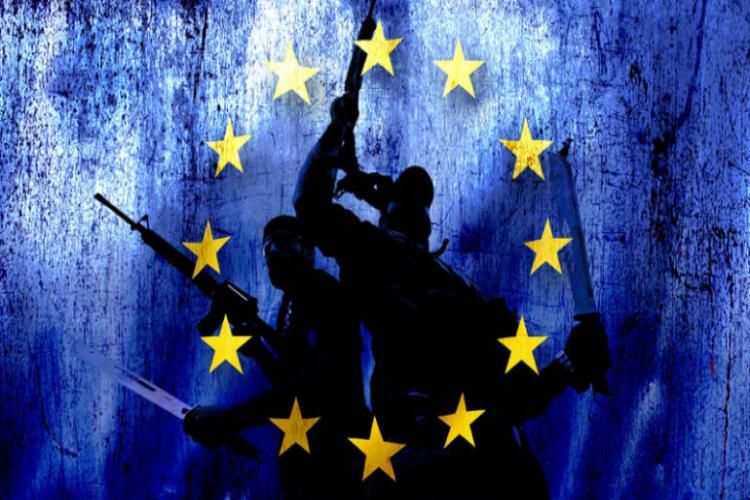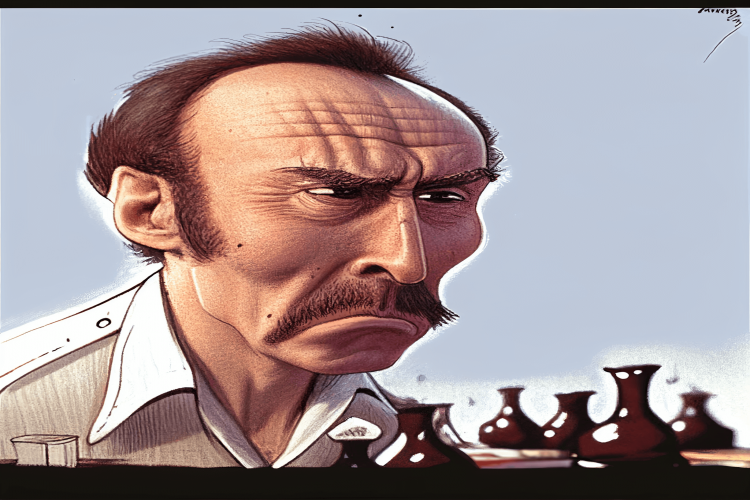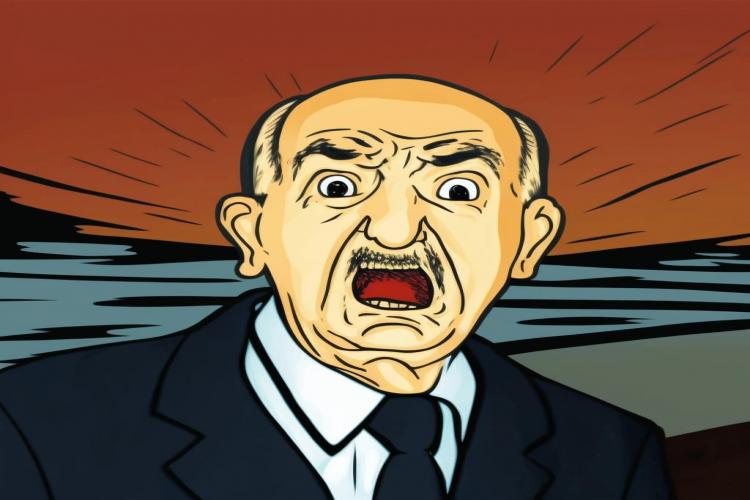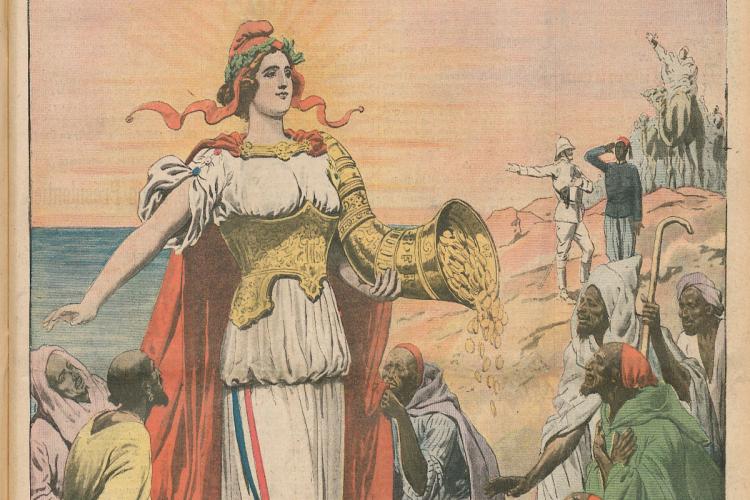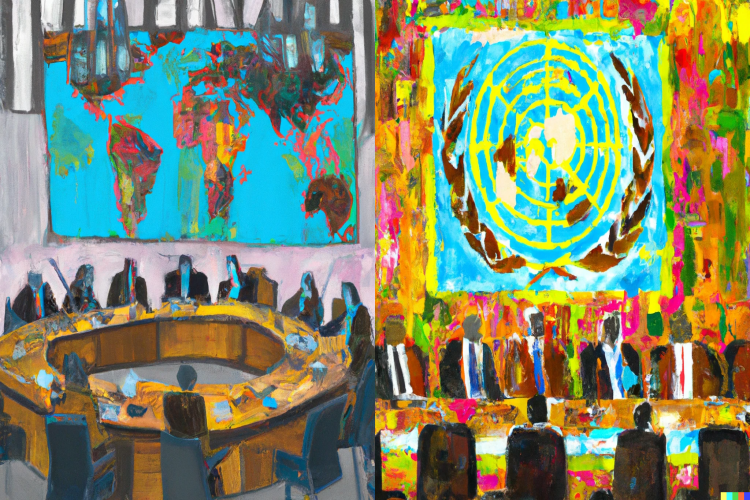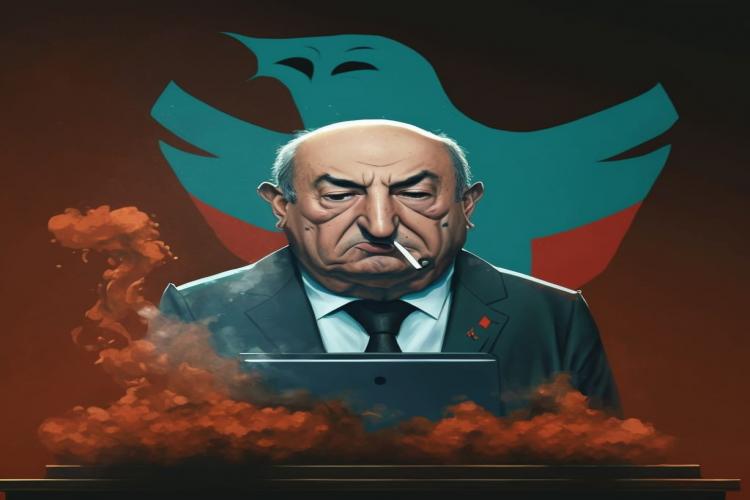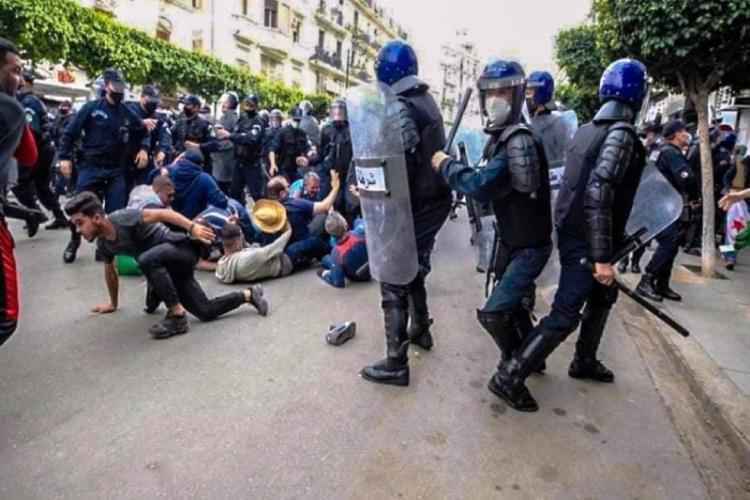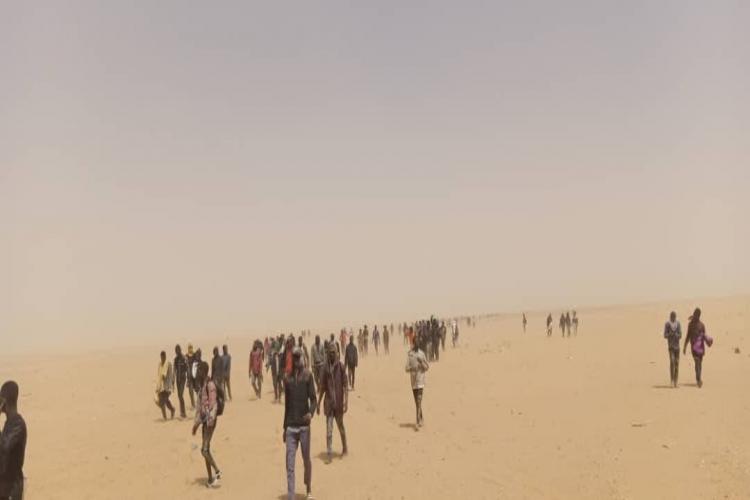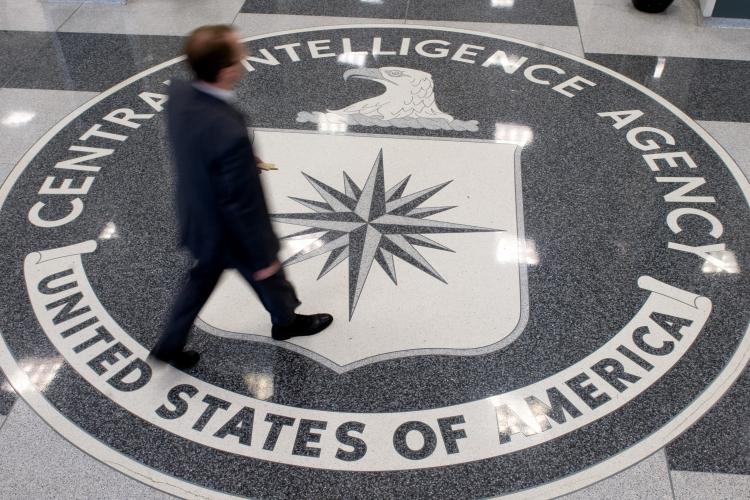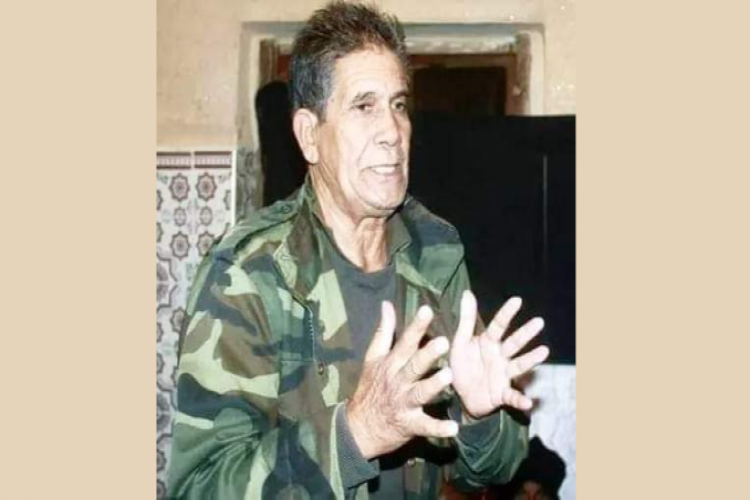How France territorially amputated Morocco in favor of Algeria
The consultation of French archives regarding what colonial circles of the time then referred to as the "Question of the Borders," more precisely, the "regions of eastern Morocco that France wanted to attach to its Algerian possession," is clear.
In my previous column, I showed that, for the French authorities in the Protectorate, the belonging of the "Eastern Sahara" to Morocco was evident.
